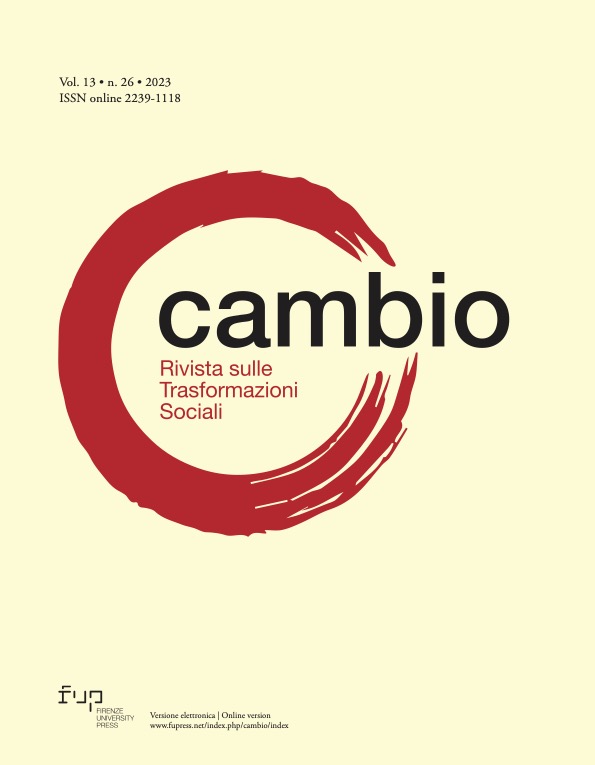Published 2024-06-03
Keywords
- civilizing process,
- managerial control,
- organizational autonomy,
- organizational change,
- power differentials
- self-constrained autonomy,
- We-I-balance ...More
How to Cite
Copyright (c) 2024 Roberto Albano

This work is licensed under a Creative Commons Attribution 4.0 International License.
Abstract
This paper contributes to the debate on the relationship between managerial control and organizational autonomy of employees, by highlighting the general directions in which this relationship has developed over time since the post-Fordist turn of half a century ago. These changes are accelerated and made more evident by the processes that go by the names of automation (1980s-1990s), informatization (mid-1990s-early 2000s), and digitization/Fourth Industrial Revolution. To this end, primary research data will not be analyzed here; instead, a rather diverse literature will be reviewed, both theoretical and empirical, addressing key themes for interpreting the changing situations of organized labor. The interpretative framework is primarily constituted by some conceptual categories borrowed from Norbert Elias’ processual sociology, summarized in the following points: a) the processual conception of social reality; b) power relations; c) the process of civilization; d) the relationship between I-identity and We-identity in contemporary society. Digitalization in organized work accentuates a most general trend, already clearly observable in the past but especially from the post-Fordist turn, towards forms of managerial control based more on employees self-control and assessment of outcomes than direct supervision of the work processes.

